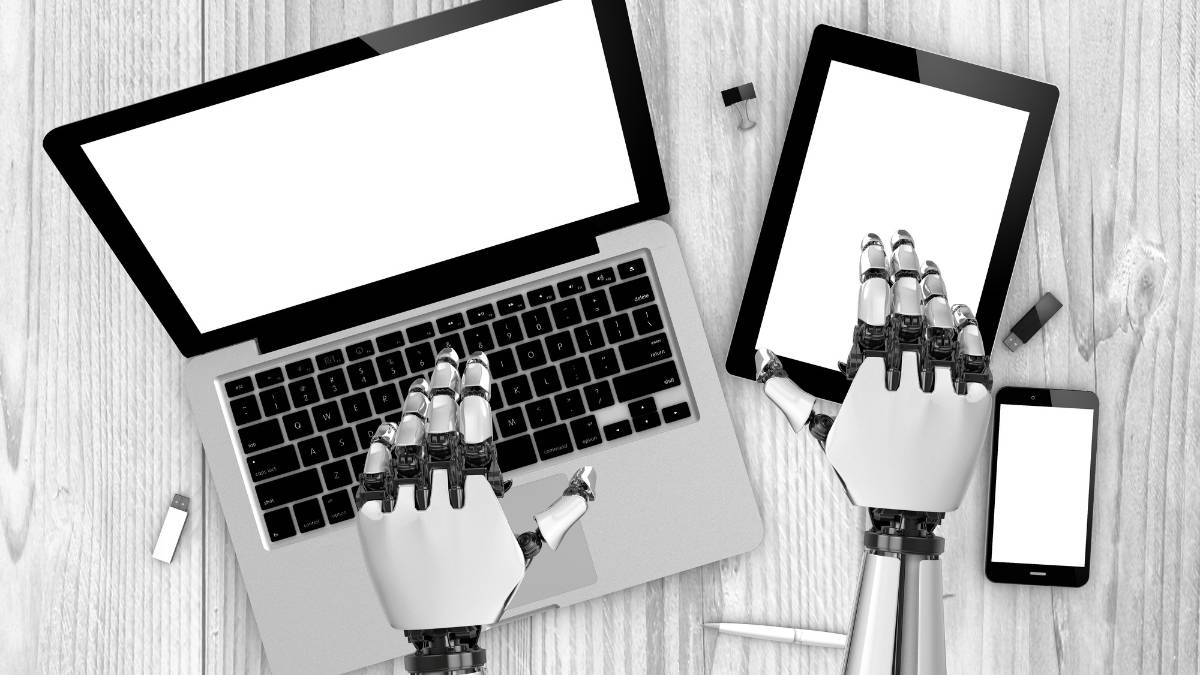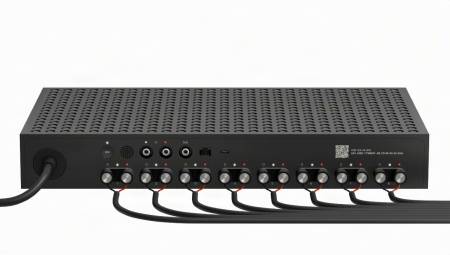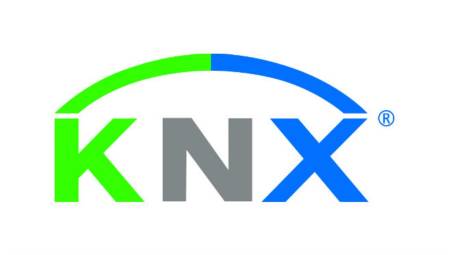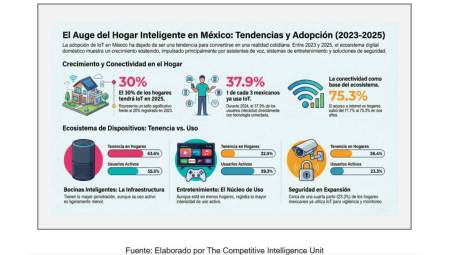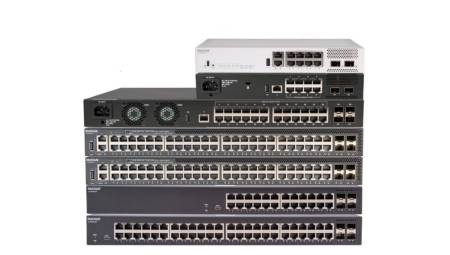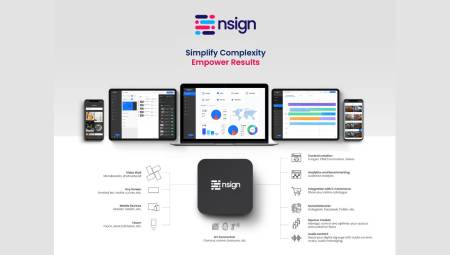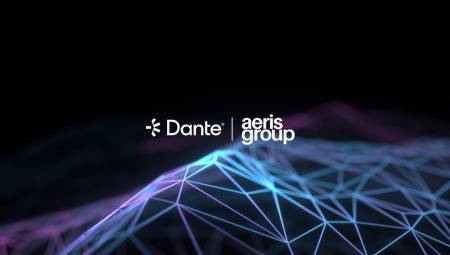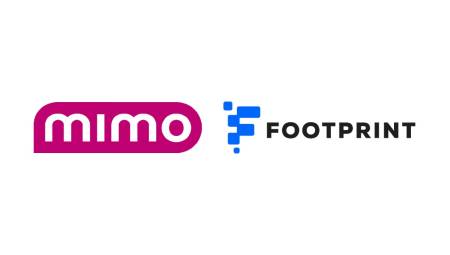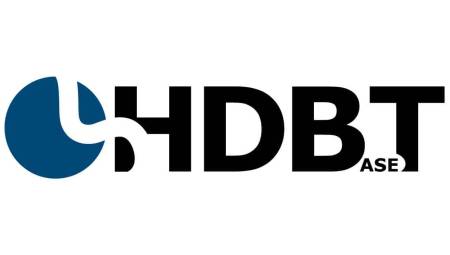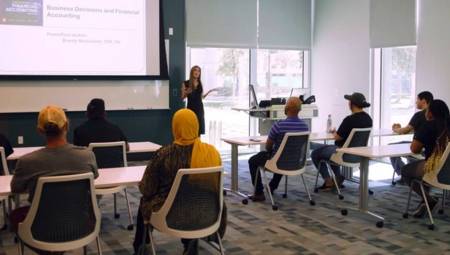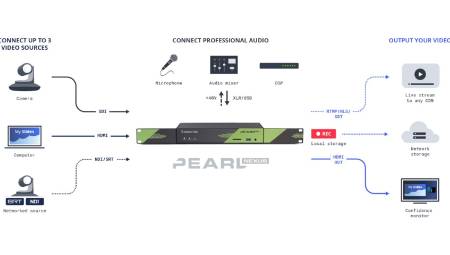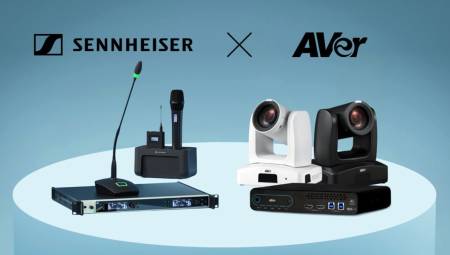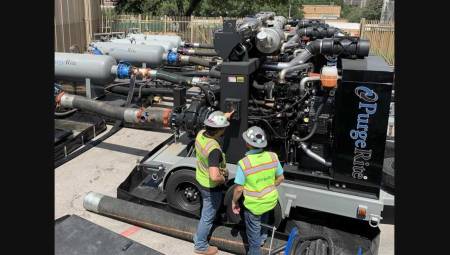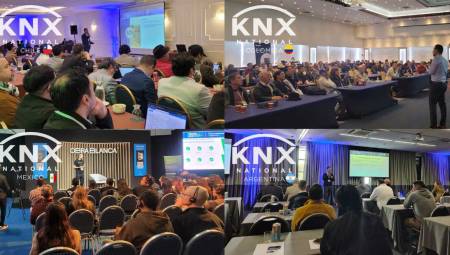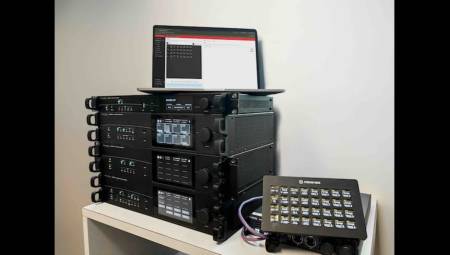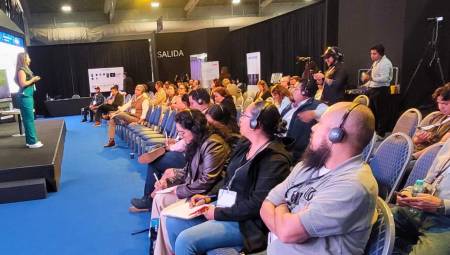Latin America. Artificial intelligence (AI) is revolutionizing educational paradigms and transforming pedagogical practices thanks to machine learning, natural language processing, and personalized tutoring systems.
Among the keys is the advanced analysis of each student's learning data, which allows for the creation of tailor-made pedagogical strategies.
A team led by the Open University of Catalonia (UOC) has analysed what drives secondary school teachers to adopt artificial intelligence systems for educational purposes. To do this, they had 372 teachers from Catalonia. Having prior knowledge of AI, particularly in the creation of AI-based content such as images, videos, and music, increases the likelihood that teachers will use these tools in their daily work.
Second, the study, published in open access in the journal Computers and Education: Artificial Intelligence, shows that AI cannot be effectively integrated into education without a solid foundation in data literacy. Specifically, the authors analyzed how the general use or applied use of data influenced the adoption of these technologies in the classroom.
"By the general use of data we mean the broad use of analytical practices, such as identifying learning problems or improving teaching and learning processes from data generated in digital educational environments (for example, Moodle or Forms)," explains Marta López Costa, lead author of the study and co-leader of the Education Research Group (GREDU). attached to the UOC's UOC-FuturEd centre.
"On the other hand, the applied use of data implies a more technical and specific use of data to make pedagogical decisions, considering aspects such as privacy, ethics and institutional policies on data management," compares the researcher, who is also a professor at the Faculty of Psychology and Education Sciences. On behalf of the UOC, Nati Cabrera and Marcelo Maina, from the Education and ICT research group (Edul@b, are also participating, from the same centre and Studies.
The study, in which Ramon Llull University participates, shows that, along with the practical knowledge of AI, it is the general use of data by teachers that had a relevant direct effect on the adoption of these technologies, and not the more technical and advanced applied use of data. "This suggests that a high technical level is not necessary, but more basic and applied skills," López Costa points out.
STEM training does not influence its adoption
For their research, the team used two validated instruments: one to examine the elements associated with artificial intelligence and another to assess the data literacy competencies of participating teachers.
In addition to previous knowledge about artificial intelligence, general use of data, and applied use, the authors also looked at how perceptions about AI and having STEM (science, technology, engineering, and mathematics) knowledge influenced them. Interestingly, having scientific training did not have an impact on a greater adoption of these tools in the classroom.
"Although STEM competencies are closely related to computational thinking and problem-solving, they do not necessarily explain the higher adoption rates of AI. This finding highlights the need for interdisciplinary approaches that integrate AI literacy into various teaching specializations," the authors note in the study.
Regarding the perception of these technologies, specifically the concerns of teachers when implementing them, the study showed a weak negative relationship with their adoption. "While the effect size was negligible, addressing these concerns through transparent communication and ethical guidelines remains essential to building trust among faculty," the authors highlight.
Common frameworks in digital competence
As research shows, key competencies in data literacy significantly influence AI adoption. "At the international and national level, there are already reference frameworks for teachers' digital competence in artificial intelligence," recalls López Costa, who highlights three of them: the UNESCO AI competence framework for teachers, the supplement to the DigCompEDU framework and the guide with guidelines and recommendations published by the Department of Education of the Generalitat de Catalunya in 2024.
"These common criteria and regulatory frameworks for digital competence are necessary to train, regulate, promote and guide the use of AI in education," he stresses. The research also emphasises the need for practical, contextual and collaborative training to improve artificial intelligence literacy in Catalan teachers.
According to the researcher, the following phases of the work – case studies and group discussions – have shown that the main AI training of teachers is among peers, sharing experiences among fellow faculty members.
In the future, the team also wants to expand the model with new variables, include positive perceptions about these technologies, and conduct comparative studies with other regions or countries to improve the generalizability of the results.



